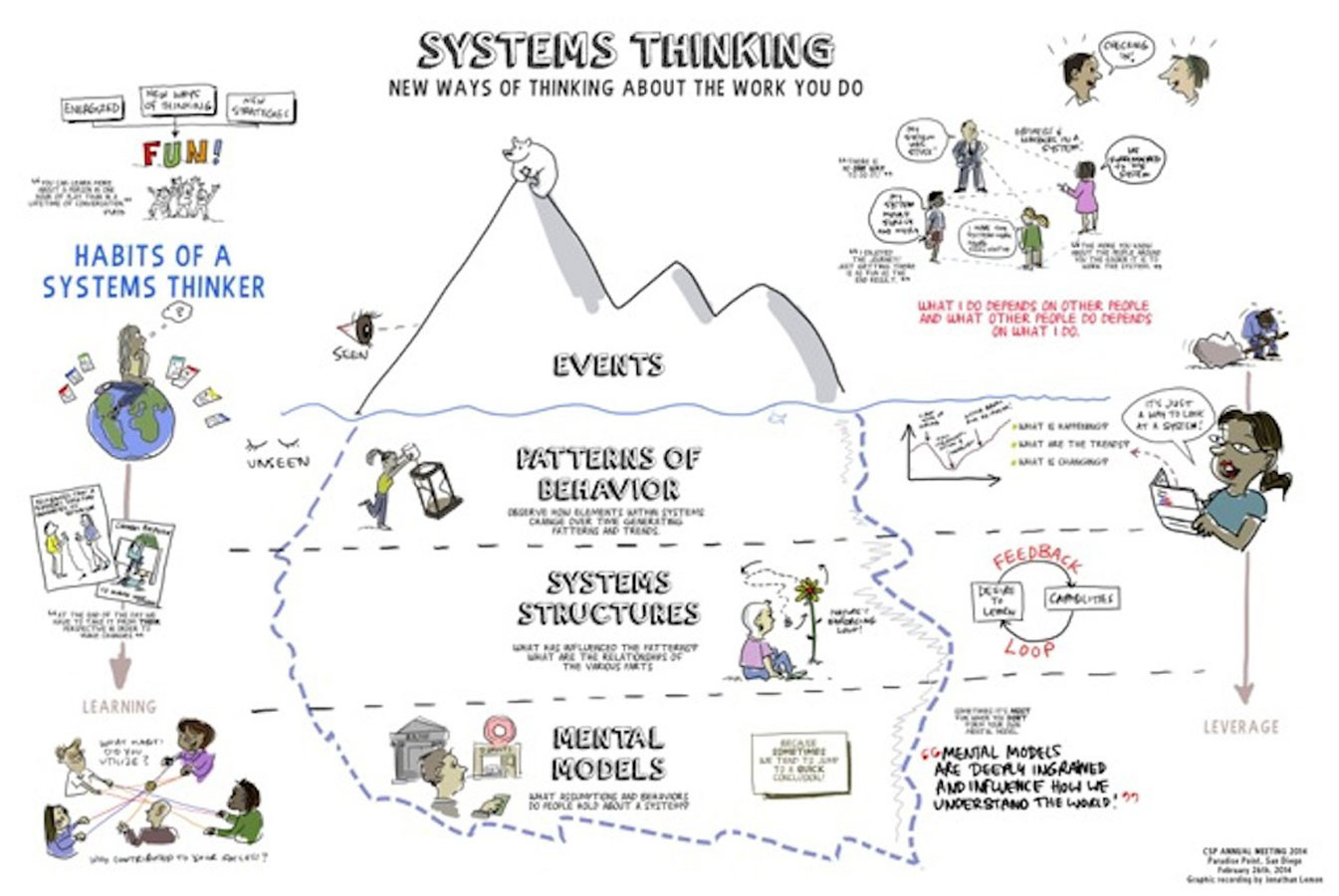How are welfare and social safety net systems set up?
Broadly speaking and quite simply, welfare and benefits help people through poverty as well as respond and be resilient to unexpected external shocks, such as macroeconomic downturn and job loss, sickness and injury, and other disabilities. Welfare also helps people grow their financial and asset base and are used to supplement incomes that are considered below living wage. Welfare can also help pay for supplementary services to people overcome poverty, respond to shocks and/or grow their asset base, such as childcare or energy subsidies.
Conversely, tax systems are used to generate income in order to redistribute to welfare recipients. Tax can be applied to incomes (and conversely tax can be reduced on low incomes and personal allowance thresholds). Tax can be applied to goods and services deemed harmful to other people and the environment such as cigarettes. Tax incentives (or tax-free activities) can be applied to goods and services deemed beneficial to other people and the environment such as solar panels for household roofs.
Welfare budget - The welfare budget is formed through amount raised in taxes and more precisely, the proportion of tax income allocated to the welfare system. Who decides this proportion? How does this money get allocated? Does the amount reflect the needs of the benefit claimants within the system? According to
Open Democracy: "
Benefit levels in Britain reflect political decisions on the amount governments in Britain have been prepared to spend, not the total of claimants’ needs."
Welfare eligibility criteria - There are several different categories of eligibility criteria to be able to clam welfare, such as time in work, dependents, length of residency. There are also different categories of benefit types from job seeker support, to housing to sickness to occupational injury. The specific criteria will differ in different countries. Above all, claiming benefits is not an easy task for local claimants or those from elsewhere classified as migrants or immigrants. And certain welfare opportunities are not included in the benefits system because they are public goods (from clean air to access to a universal healthcare system that treats personal injury and illness especially those that are communicable, contigious and treatable) (
BBC News)
Multi-territorial welfare system - Across integrated trade and economic zones (where integration includes policies and regulations as well as social networks, culture and learning), such as the European Union (EU), it was found that migrants from wealthier countries (like the UK) have the power to claim benefits from across the water, in other equally wealthy or even less wealthy countries. At times, the number of Britons claiming welfare in the EU can be larger than 'EU migrants
to the UK claiming welfare in the UK' (
IB Times and the Guardian)
Changes to the welfare system - Changes to the amount in the welfare system (taxation) and who gets them (welfare recipients) are brought about by those operating within the system itself. The Government may seem to have decision-making power but what analysis do they do to make decisions and who does the research? In some cases, the EU can put pressure on member states to make welfare system changes (
Social Europe)
Factors that affect the ability of a welfare system to work
---
https://www.opendemocracy.net/can-europe-make-it/charlotte-rachael-proudman/welfare-benefits-are-calculated-by-political-objective
http://www.bbc.co.uk/news/world-europe-25134521
http://www.ibtimes.co.uk/britons-claiming-benefits-across-eu-outnumber-immigrants-getting-welfare-uk-1484091
http://www.socialeurope.eu/2015/02/welfare-union/



